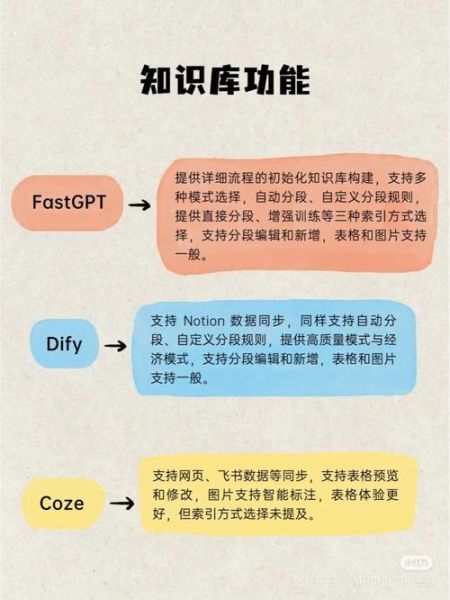AI can speed up drafting, but it cannot fully replace human writers because nuance, lived experience, and brand voice still require a human touch.

Why Speed Matters in 2024 Content Marketing
Search engines reward freshness. Every day you delay publishing, competitors gain backlinks, social proof, and SERP real estate. Fast production is no longer optional; it is a ranking factor.
What “fast” really means
- Ideation to outline: 15 minutes or less
- First draft: 60–90 minutes
- Polish & on-page SEO: 30 minutes
The hidden cost of slow writing
Missed seasonal keywords, outdated statistics, and stale examples erode topical authority. Google’s QDF (Query Deserves Freshness) algorithm can demote posts that feel “last year.”
Step-by-Step Workflow: How to Write a Blog Post Fast
Step 1: Pre-research the night before
Spend ten minutes collecting:
- Top three SERP headlines
- People-Also-Ask questions
- Reddit threads with pain points
Store them in a single Notion page so your morning brain can jump straight into creation mode.
Step 2: Use a 5-bullet outline template
- Hook (stat or story) - Problem - Promise - Proof - CTA
Each bullet becomes an H2. This prevents blank-page paralysis and keeps the flow linear.

Step 3: Dictate the first draft
Voice-to-text tools like Otter.ai convert 150 wpm speech into text. Speaking forces conversational tone and eliminates stiff phrasing.
Step 4: Batch-edit with a checklist
- Trim 10% word count
- Add bucket brigades: “Here’s the kicker,” “But there’s a catch”
- Insert internal links to three older posts
Can AI Replace Human Writers? A Nuanced Look
Where AI shines
Data aggregation, meta descriptions, and FAQ schema markup. AI can pull 50 statistics in seconds and format them into HTML tables.
Where AI falls short
- Original anecdotes: No algorithm has climbed Kilimanjaro at sunrise.
- Brand voice calibration: Sarcasm, cultural references, and humor remain human domains.
- E-E-A-T signals: Google still values first-hand experience, which AI cannot fake.
Hybrid model: the 70/30 rule
Let AI handle 70% of the heavy lifting—research, outline, first draft. Reserve 30% for human layering: stories, opinions, and strategic CTAs. This keeps the content both scalable and soulful.
Tools That Cut Writing Time in Half
Research stack
- Exploding Topics: surfaces rising keywords before they peak
- AnswerThePublic: visualizes question clusters
- HARO: snags expert quotes for E-E-A-T
Drafting stack
- Jasper: long-form assistant with brand voice memory
- SurferSEO: real-time NLP scoring
- GrammarlyGO: context-aware rewrites
Optimization stack
- Link Whisper: auto-suggests internal links
- ShortPixel: compresses images for Core Web Vitals
- Schema Pro: one-click FAQ and HowTo markup
Common Pitfalls When Writing Fast
Thin content trap
Speed without substance triggers thin-content penalties. Always exceed the average word count of top ten results by 20% while adding unique angles.
Voice inconsistency
Dictation can sound too casual. Run the final draft through a readability checker; aim for Grade 8–9 for B2B, Grade 6–7 for B2C.
Over-automation
Scheduling AI-generated tweets to promote AI-generated blogs creates an echo chamber. Inject at least one human-curated quote or case study per post.

Future-Proofing Your Content Strategy
Build a swipe file of personal stories
Keep a Trello board labeled “Moments.” Every time something noteworthy happens—good or bad—log it. These micro-stories become irreplaceable content assets AI cannot replicate.
Develop a signature framework
Name your process (e.g., the “Sprint-Story-Sell” method). Frameworks create perceived authority and make your content memorable, even if AI rewrites the wording.
Audit quarterly for decay
Use Google Search Console to spot declining CTR. Refresh intros, add 2024 data, and swap outdated screenshots to regain lost positions.
Quick FAQ: Real Questions from Content Teams
Q: How fast is too fast?
A: If you can’t read the post aloud without stumbling, it’s rushed. Quality gates should never take longer than 20% of total production time.
Q: Does Google penalize AI content?
A: No, Google penalizes low-quality content. Disclose AI assistance only if required by platform policy; focus on adding human value.
Q: Should freelance writers use AI?
A: Yes, but bill transparently. Offer “AI-assisted” and “human-only” tiers to match client risk tolerance.
Master speed without sacrificing soul, and you’ll outrank both slow humans and soulless machines.

评论列表